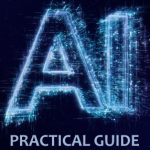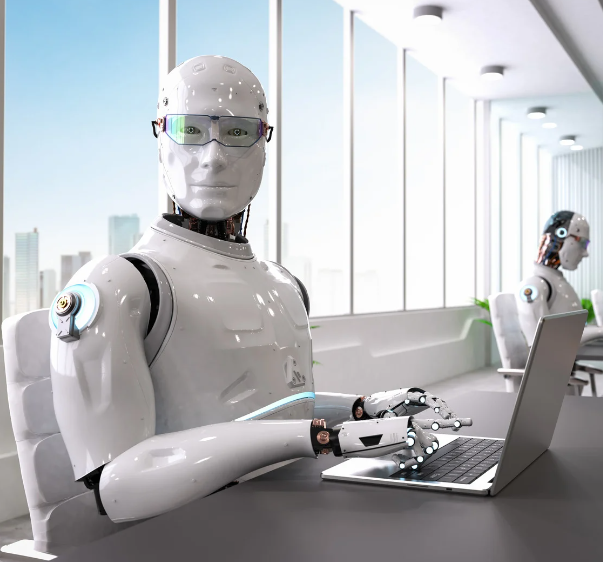
AI Applications
Artificial Intelligence (AI) applications have been rapidly transforming various industries across the globe. Five sectors that have greatly benefited from AI advancements are business, finance and banking, healthcare, marketing, and education. In this article, we will delve into the world of AI applications in these industries, discussing how these innovations are revolutionizing critical aspects of our lives.
AI Business Applications
AI applications have made significant inroads in the business world, enhancing productivity, streamlining operations, and driving innovation. By leveraging AI technologies, businesses can harness the power of data to make better decisions, reduce costs, and gain a competitive edge. Here are some key AI applications in business:
Sales and CRM: AI-driven Customer Relationship Management (CRM) systems can analyze customer data to identify patterns and trends, enabling businesses to better understand their clients’ needs and preferences. This can lead to improved sales strategies, more targeted marketing efforts, and higher customer retention.
Human Resources: AI applications in HR can streamline the recruitment process by automating candidate screening and assessment, enabling HR professionals to focus on more strategic aspects of talent management. Additionally, AI-driven tools can provide insights into employee engagement and performance, helping businesses identify areas for improvement and optimize their workforce.
Supply Chain Management: AI-powered supply chain management solutions can analyze vast amounts of data from various sources, predicting demand patterns and optimizing inventory levels. This can help businesses minimize stockouts and excess inventory, leading to cost savings and improved customer satisfaction.
Business Analytics: AI-driven business analytics tools can process and analyze large volumes of data to provide actionable insights, helping businesses make data-driven decisions that drive growth and improve profitability. These insights can be used to identify new market opportunities, optimize pricing strategies, and enhance operational efficiency.
Process Automation: AI-powered process automation solutions can streamline repetitive and time-consuming tasks, increasing efficiency and reducing the risk of human error. By automating routine processes, businesses can free up employee time for more value-added tasks, ultimately boosting productivity and driving innovation.
Customer Support: AI-driven chatbots and virtual assistants can enhance customer support by providing instant, personalized assistance, addressing customer queries, and resolving issues quickly. This can lead to increased customer satisfaction and loyalty, ultimately boosting a business’s reputation and bottom line.
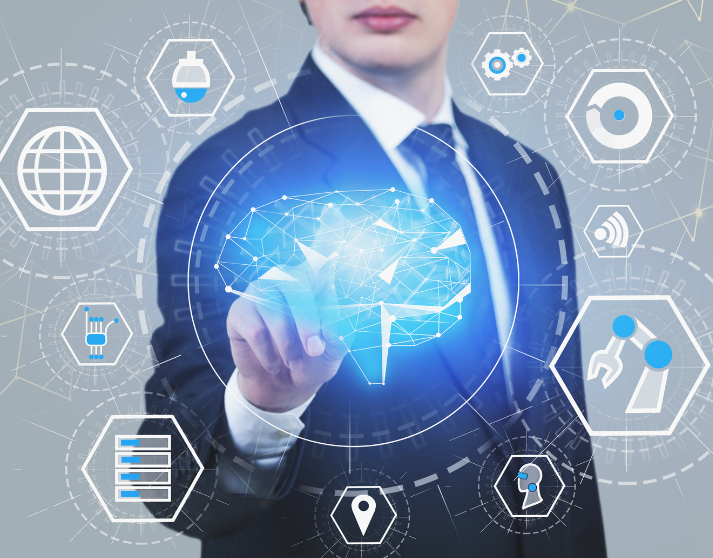

AI Banking / Financial Applications
The financial and banking industry has always been data-driven, and AI has made significant strides in improving financial services. By analyzing vast amounts of data, AI can provide valuable insights to financial institutions, leading to better decision-making and improved efficiency. Here are some key AI applications in finance and banking:
- Fraud Detection: AI algorithms can quickly identify patterns and anomalies within transactional data, helping financial institutions detect and prevent fraudulent activities. Machine learning models can adapt to new tactics used by fraudsters, ensuring that detection systems remain robust over time.
- Risk Management: AI-driven risk management systems are better equipped to assess and predict potential risks, from market fluctuations to credit defaults. These insights allow financial institutions to make informed decisions, reducing losses and improving overall stability.
- Algorithmic Trading: AI-powered trading algorithms can process massive amounts of data in real-time, allowing for more accurate market predictions and optimized trading strategies. These systems can also adapt to changing market conditions, providing a significant advantage to financial institutions.
- Personalized Financial Services: AI-driven chatbots and virtual assistants have transformed the customer experience in the financial sector. These applications provide personalized financial advice, allowing customers to make better-informed decisions about their finances.
- Loan and Credit Assessment: AI applications can improve the loan and credit assessment process by analyzing customer data more efficiently and accurately than traditional methods. This helps banks and financial institutions offer tailored lending products while minimizing risk.
AI Healthcare Applications
AI has the potential to revolutionize healthcare, improving patient outcomes and reducing costs. Here are some key AI applications in healthcare:
- Medical Imaging: AI-powered imaging algorithms can analyze medical images, such as X-rays and MRIs, more accurately and quickly than human experts. This allows for earlier and more precise diagnoses, ultimately improving patient outcomes.
- Drug Discovery: AI-driven drug discovery models can analyze vast amounts of data to identify potential drug candidates faster and more efficiently than traditional methods. This can significantly reduce the time and cost of bringing new drugs to market.
- Personalized Medicine: AI algorithms can analyze patient data, such as genetics and lifestyle factors, to develop personalized treatment plans. This can lead to more effective therapies and improved patient outcomes.
- Predictive Analytics: AI-driven predictive analytics can identify patterns in patient data to predict health outcomes, such as the likelihood of disease onset or the effectiveness of a specific treatment. This enables healthcare providers to make more informed decisions and optimize patient care.
- Telemedicine and Remote Monitoring: AI-powered telemedicine solutions can enable healthcare providers to offer remote consultations, monitor patient health, and provide personalized treatment recommendations. This helps bridge the gap between healthcare providers and patients, particularly in underserved areas.
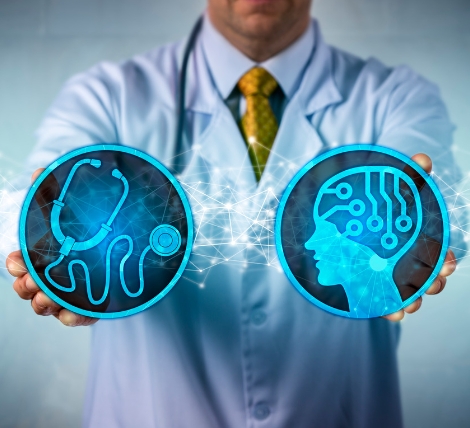
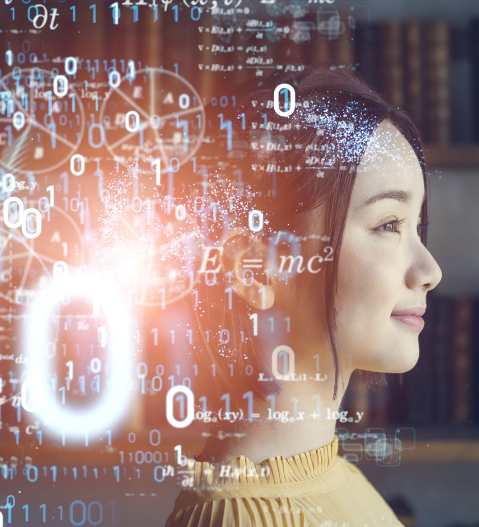
AI Educational Applications
AI applications in education have the potential to transform the way we learn and teach, offering personalized learning experiences for students and enhancing the efficiency of educators. Here are some key AI applications in education:
Adaptive Learning Platforms: AI-driven adaptive learning platforms can analyze student performance data to create personalized learning paths, ensuring that students receive the appropriate level of instruction and support. This can lead to better learning outcomes and increased student engagement.
Intelligent Tutoring Systems: AI-powered tutoring systems can provide personalized feedback and guidance to students, helping them to better understand complex concepts and develop problem-solving skills.
Automating Administrative Tasks: AI applications can help automate time-consuming administrative tasks, such as grading assignments and managing student records. This can free up educators’ time, allowing them to focus on more important aspects of teaching and student support.
Learning Analytics: AI-driven learning analytics can identify patterns in student data, providing insights into their learning behaviors and preferences. This information can help educators develop more effective teaching strategies and improve student outcomes.
AI-Enhanced Assessment: AI-powered assessment tools can analyze student work in real-time, providing immediate feedback and identifying areas for improvement. This can help students better understand their strengths and weaknesses, leading to more effective learning
AI Marketing Applications
AI has made a significant impact on marketing, enabling marketers to create personalized experiences for their target audience. Here are some key AI applications in marketing:
Customer Segmentation: AI-driven customer segmentation algorithms can analyze consumer data to identify patterns and preferences, allowing marketers to create targeted campaigns that resonate with their audience.
Content Generation: AI-powered content generation tools can create engaging and relevant content based on data insights, improving the efficiency and effectiveness of content marketing strategies.
Chatbots and Virtual Assistants: AI-driven chatbots and virtual assistants are transforming customer service by providing instant, personalized support. These tools can handle a wide range of inquiries, from product information to troubleshooting, improving customer satisfaction and loyalty.
Social Media Analytics: AI-powered social media analytics tools can monitor and analyze social media conversations, identifying trends, consumer sentiment, and brand performance. This data enables marketers to make informed decisions about their social media strategies and engage with their target audience effectively.
Ad Optimization: AI applications can optimize advertising campaigns by analyzing user behavior and preferences, ensuring that ads are served to the right audience at the right time. This can result in higher conversion rates and better return on investment (ROI) for marketers.

Final thoughts
AI applications in finance and banking, healthcare, marketing, and education have already demonstrated their potential to revolutionize these industries. As AI continues to develop, we can expect even more exciting innovations in these fields. Embracing these AI-driven technologies will not only improve the quality of services but also lead to more efficient, effective, and personalized experiences for customers, patients, and students alike. Where will AI go next? One thing for sure it is already moving into every field and every profession already. How will you harness the power to make the most of it? Follow us here and sign up for out newsletter and we shall keep you on the cutting edge.
